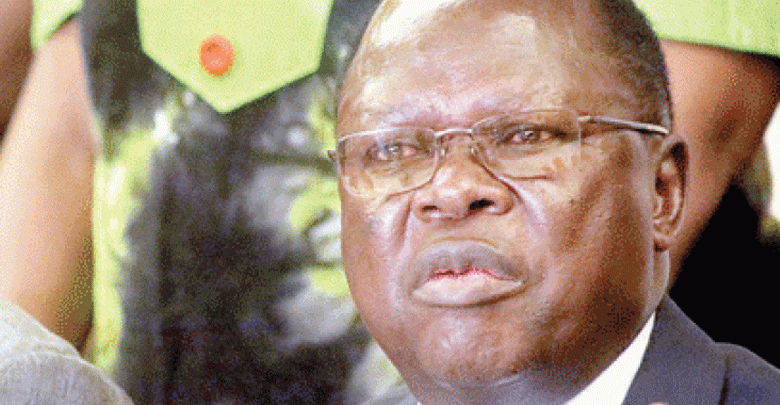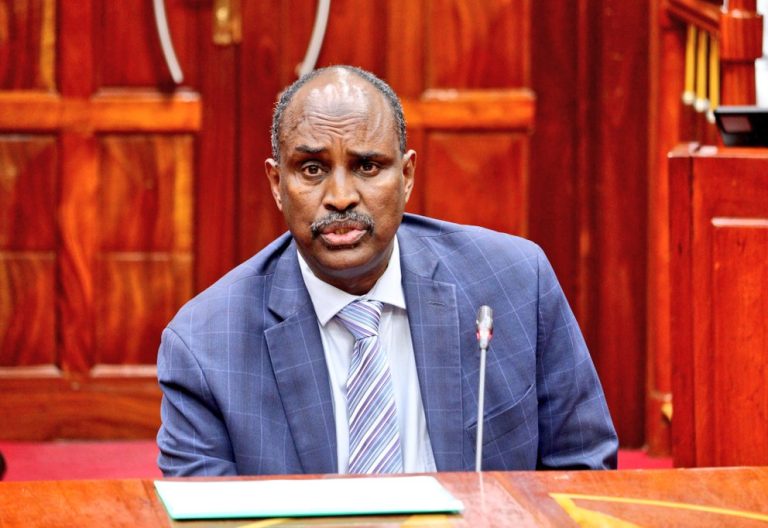Why heavy borrowing in Kenya must be contained

Kenya’s rising appetite for domestic and international debt is driving lawmakers to consider a legislation to halt the trend which is becoming increasingly unsustainable and a threat to economic growth. Writer Lewis Njoka spoke to Nambale MP Sakwa Bunyasi, the mover of Public Debt Management Authority Bill, 2020 on the proposed law. Here are the excerpts:
Q.What motivated you to come up with this Bill? What do you want to achieve?
Our public debt is very high. The repayment of the debt is consuming almost a trillion shillings out of our revenue of Sh1.3 trillion.
It’s putting a strain on where you put the budget money. Instead of going to health or education, it is going to paying debts.
Secondly, the economy is not growing fast. This means any growth you get in the economy is most likely going towards paying debts.
When debt is very high it takes away the opportunity to finance development programmes.
When you are stuck with debt, you don’t have money to do something new. You can’t grow, you can’t move.
If you borrow wisely, and you borrow only the low cost debts for the longest period allowable, you get some headroom which you can use for other development activities.
How you pay and at what cost you pay is what we are trying to rationalise now.
We have seen legislators lift the debt ceiling before, how will this Bill prevent them from doing it again?
The debt ceiling will be lifted because every country borrows some money. But the conditions under which you lift have to be clearly agreed.
It will be that if you cannot meet those conditions, you must reduce your expenditure.
What this bill will do, the new authority will carry out the analysis that is needed to demonstrate how much debt is needed and at what rate one must reduce it.
At the moment, nobody is analyzing which projects the debt needs to fund. What this bill will do is, no projects can enter the pipeline and be part of the budget without the consent of the Authority.
Even the loan records are not being kept systematically under one authority which can release the true position.
If you ask what the true debt position is now, the answer is not straightforward, numbers are just being fed to the public through the press, but that is not always the truth.
In your view, what should be the ideal debt situation for Kenya?
Analysis by IMF said that for developing countries, they can go as high as 74 per cent of debt to GDP, but that’s arithmetic.
The problem is at 74 per cent, your revenue is all going to debt. You are paying debt alright, but what have you missed to do? The opportunity cost becomes high.
It is important that the ratio of debt to GDP follows the East African Community protocol which is that it should not exceed 50 per cent.
Some people are saying, but Japan has more than 100 per cent debt to GDP, others have 200 per cent. There is a difference in these economies in how these economies are structured.
They have huge loans denominated in Japanese Yen and huge investments in dollar economies.
Do you foresee much resistance to the bill?
I expect some opposition. In Parliament, it should be able to pass easily except for a few people who might think they are doing others a favour who might say this Bill will restrict borrowing. Some people may misunderstand it and some fear that their projects may be suppressed.
Secondly, many times the government prefers to have a free hand to say let us borrow what needs to be borrowed.
So we might get resistance from National Treasury because they do not want to have anyone looking over their shoulders, second-guessing their activities.
Basic borrowing is done largely through the Central Bank on behalf of the Treasury on an agency basis and they charge 1.5 per cent but not more than Sh3 billion.
Hence, the government will save this money by having the borrowing done by the Debt Management Authority.
Your party leader Musalia Mudavadi has been very vocal on debt issues. Is it party resolution or is it a personal initiative.
As a party, we have decided to put teeth to what our Party Leader has been saying should be done.
Debt management is an important part of economic management. I am very keen on it so I took the lead. I spent 25 years with the World Bank, so I’m quite familiar with the issues. I can’t take the credit very personally.
Your parting shot
The macro-economic management of any economy is very important for it to grow and accrue income for the people. If we mismanage it, we’ll have a lot of problems.








